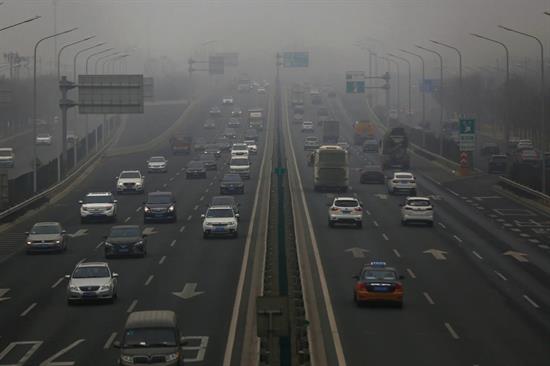Press Releases
Pingree to EPA: Long-Stalled Program to Incentivize Renewable Fuels Must Move Forward to Reduce Emissions, Fight Climate Change‘Further delay introduces unnecessary risk and jeopardizes billions of dollars that could be invested in accelerating electric vehicle adoption and new low carbon electricity production,’ lawmakers say
Washington,
August 14, 2023
Congresswoman Chellie Pingree (D-Maine) today led a letter to Environmental Protection Agency (EPA) Administrator Michael Regan urging the EPA to finalize a generation pathway for electric renewable identification numbers (eRINs) for electricity produced from renewable biomass and used as transportation fuel under the long-approved renewable electricity pathway of the Renewable Fuel Standard (RFS). EPA included the eRINs program as part of the Renewable Fuel Standard proposed rule, but this program was not included when the rule was finalized in June. In the letter, the lawmakers insist that EPA finalize an eRINs program as proposed before the end of September and begin approving registration applications to allow for eRIN generation in 2024. The Energy Independence and Security Act of 2007 (EISA) defines “renewable fuel” as “fuel that is produced from renewable biomass and that is used to replace or reduce the quantity of fossil fuel present in a transportation fuel.” “Electricity that is produced from renewable biomass and used as transportation fuel thus constitutes renewable fuel and is eligible to participate in the RFS,” the lawmakers wrote. “EPA recognized this in 2014 when it promulgated RFS rules allowing for the generation of eRINs under pathways for qualifying electricity produced from biogas from landfills and organic waste digesters. Neither Congress nor any other party objected to EPA’s authority to issue those rules at that time.” They go on to say that “in EPA’s own estimation, the eRINs program would result in meaningful greenhouse gas emissions reductions across the transportation industry by supporting the transition to electric vehicles.” “It would also incentivize investments in new biogas capture and low carbon electricity production at existing solid waste, wastewater, agricultural, and other organics processing facilities across the country, resulting in a significant reduction in methane emissions,” they continued. “Given all of this, there is simply no discernable reason EPA would not finalize any necessary rules and allow eRIN generation to begin in 2024. […] All of the benefits of the program are paid for by the petroleum industry, which has enjoyed record profits in recent years. There is no downside,” they wrote. “Further delay, on the other hand, introduces unnecessary risk and jeopardizes billions of dollars that could be invested in accelerating electric vehicle adoption and new low carbon electricity production.” In addition to Pingree, the letter was signed by Reps. John Garamendi (D-Calif.), Paul Tonko (D-N.Y.), Annie Kuster (D-N.H.), Mike Levin (D-Calif.), Debbie Dingell (D-Mich.), Jim Costa (D-Calif.), Yvette Clarke (D-N.Y.), and Scott Peters (D-Calif.). Pingree and a bipartisan group of Members have long pushed to include the eRINs electricity pathway in the RFS to further reduce greenhouse gas emissions from transportation and support farmers. As Chair and now as Ranking Member of the House Appropriations Interior, Environment, and Related Agencies Subcommittee, which oversees funding for the EPA, Pingree has included language in the last three Appropriations Bills to push the EPA to move forward on this long-stalled program. Click here to read the full letter. ### |


